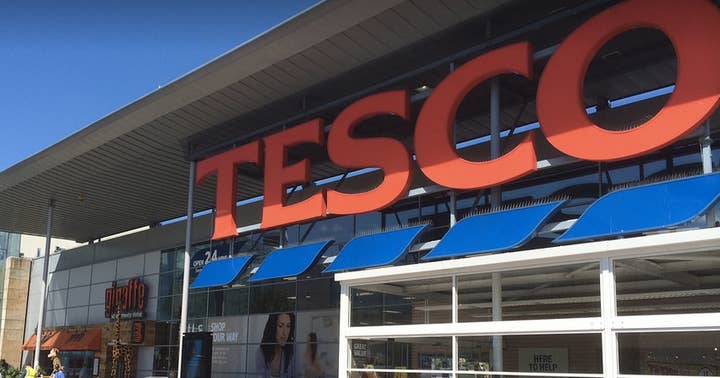UK games retail: Prices continue to rise as supermarket power wanes
Remarkably, the number of video game stores increased last year
Supermarkets such as Tesco and Asda accounted for less than 20 per cent of the UK physical games market last year.
19.6 per cent of the boxed games sold in 2018 came via grocery stores, a drop of 1.4 per cent compared with 2017.
This is according to the latest data published in the ERA yearbook, and supplied by data firm GfK.
Online stores (specifically home delivery, not digital) were the biggest players, accounting for 42.4 per cent of physical games sold in 2018 (a rise of 0.9 per cent). While traditional over-the-counter retailers like GAME accounted for 38 per cent of boxed sales (up 0.6 per cent).
This continues the trend of the last three years, which has seen online retailers like Amazon continue to take the majority of sales, while supermarkets scale back their support for video games.
Supermarkets remain the most expensive place to buy games, with an average selling price of £36.58. Although this is because supermarkets tend to primarily sell chart games, and not cheaper legacy titles. Even so, that average price is 6.3 per cent higher than the year before.
The cheapest place to buy games is online, which sells games for a average of £34.52 (up 5.7 per cent). While specialist, generalist and independent stores sell games for an average of £34.74, which is up 2.5 per cent year-on-year.
Overall, the average cost of boxed games in the UK was £34.99 in 2018, a rise of 4.6 per cent compared with 2017.
One of the surprising statistics from the ERA/GfK data comes in the number of places that sell games. Despite closures to popular indies such as Games Centre and Grainger Games, plus the loss of Toys R Us and several GAME outlets, the number of places selling games increased by 69 last year to 6,335 shops. This is mostly due to an increase in general multiples and electrical chains selling boxed software.
As previously revealed, £770 million was generated from the sale of boxed video games in 2018, a slight drop of 2.8 per cent compared with 2017.

